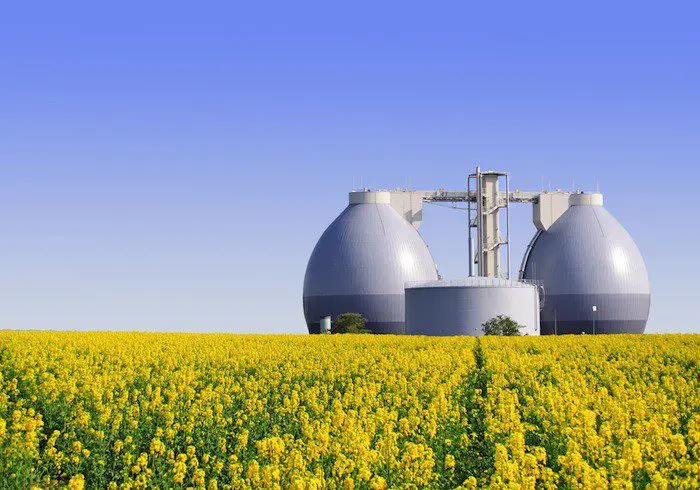Innovative Solutions for the Biogas Industry
The biogas sector is experiencing significant advancements, fuelled by the increasing demand for sustainable energy and effective waste management strategies. As the world becomes more conscious of climate change and the necessity for eco-friendly practices, innovative solutions are emerging that enhance efficiency, reduce operational costs, and elevate the quality of biogas production.
This article highlights some of the recent breakthroughs that are reshaping the biogas industry.
Cutting-Edge Anaerobic Digestion Techniques
At the heart of biogas generation lies anaerobic digestion, a process where organic materials are decomposed by microorganisms in an oxygen-free environment. New advancements in this field have led to the creation of more effective digesters, including continuously stirred tank reactors (CSTR) and plug flow digesters. These state-of-the-art systems optimize the breakdown of organic substances, boost gas production, and shorten retention periods.
One promising development in the biogas industry is the integration of carbon capture solvent technologies, which help to capture and store carbon dioxide emissions during biogas production, further enhancing the environmental benefits of the process.
Moreover, hybrid digestion systems that combine various methods are gaining traction. For instance, the integration of mesophilic and thermophilic processes can enhance microbial activity, resulting in increased biogas yields. Such innovations not only improve productivity but also foster better nutrient management and lower emissions.
Intelligent Monitoring and Control Solutions
With the emergence of the Internet of Things (IoT), smart monitoring and control technologies are becoming essential in biogas facilities. These systems employ sensors and data analytics to track crucial parameters like temperature, pH levels, and gas composition in real time. By providing valuable insights, operators can fine-tune the digestion process, quickly identify issues, and enhance overall efficiency.
Additionally, predictive analytics and machine learning techniques can anticipate maintenance requirements, facilitating proactive measures that minimize operational downtime. This data-driven approach significantly increases the reliability of biogas production, ultimately enhancing profitability.
Synergy with Renewable Energy Sources
As the demand for renewable energy rises, the integration of biogas production with other renewable systems presents a promising opportunity. Biogas can be utilized in combined heat and power (CHP) setups, generating both electricity and heat. Furthermore, biogas can be upgraded to biomethane, which is suitable for injection into the natural gas grid or as fuel for vehicles.
Innovative initiatives are also investigating the synergy between biogas and solar or wind energy. For example, surplus renewable energy can be harnessed to power biogas facilities, reducing dependence on fossil fuels while improving overall energy efficiency. This collaboration not only optimizes resource use but also contributes to a more robust energy network.
Transformative Waste-to-Energy Technologies
One of the key benefits of biogas production is its capability to convert waste into energy. Innovations in waste management practices are improving the quality and accessibility of feedstock for biogas facilities. Advanced pre-treatment methods – such as hydrothermal carbonization and enzymatic digestion – enhance the digestibility of lignocellulosic materials, leading to greater biogas output.
In addition, utilizing agricultural and industrial waste as feedstock supports circular economy concepts. By converting waste into a valuable energy source, these advancements help decrease landfill usage, lower greenhouse gas emissions, and promote sustainable waste management solutions.
Looking Ahead
The future of the biogas industry appears bright, propelled by ongoing innovation and technological progress. As the global emphasis on sustainability strengthens, industry stakeholders must adopt these advancements to improve the efficiency, economic feasibility, and environmental advantages of biogas production.
Investment in research and development will be vital for fostering the next generation of innovations. Collaborative initiatives among government bodies, industry stakeholders, and research institutions can catalyze the creation of cutting-edge solutions that address the biogas sector’s challenges. By embracing innovation, the biogas industry can significantly contribute to a sustainable energy future.






